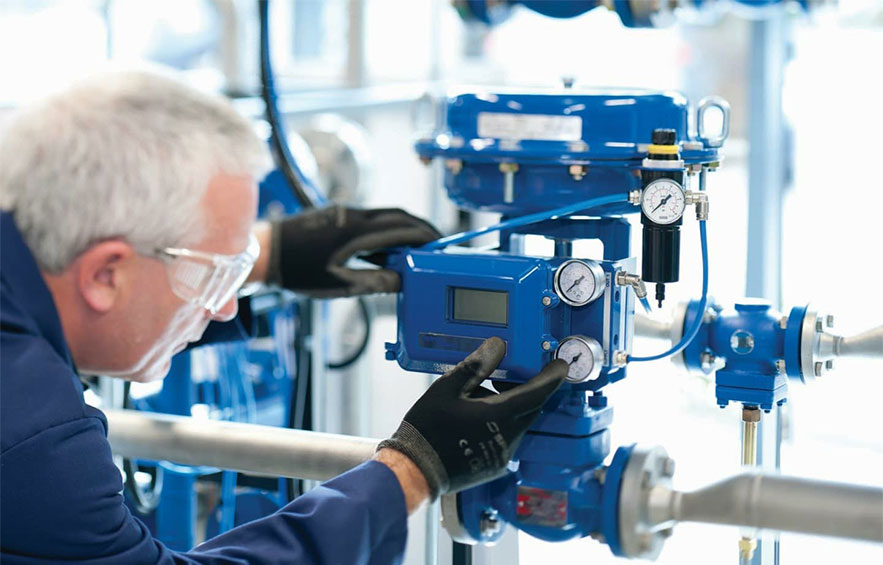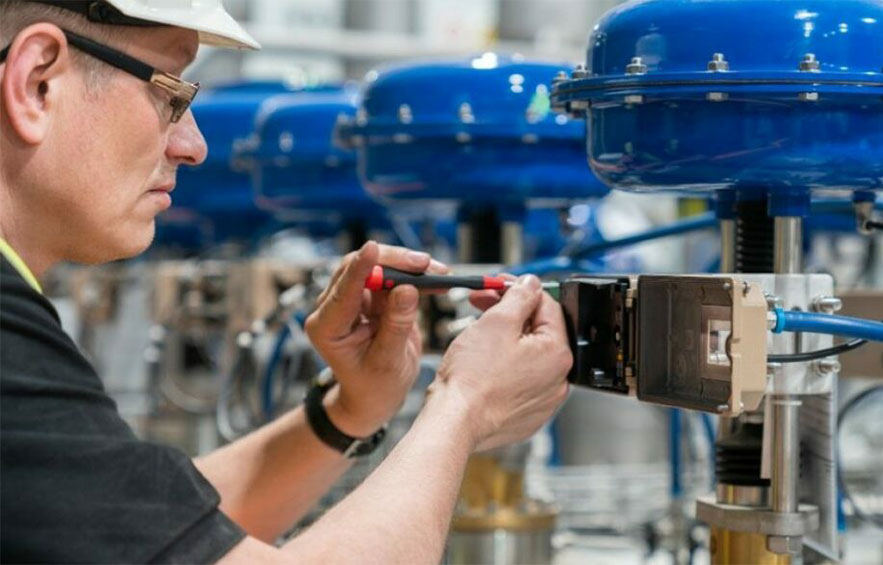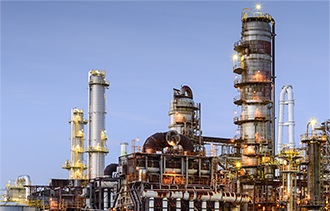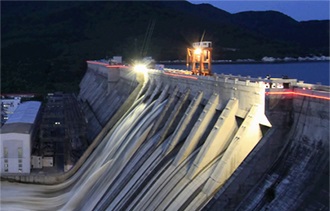
In the petrochemical industry, valves are used to control the flow of fluids to achieve chemical reactions and separation processes. In refineries, valves are used to control the flow of crude oil and chemicals, and to control heating and cooling processes.

In the water treatment industry, valves are used to control the flow and pressure of water, and to manage filtration and purification processes. In water treatment plants, valves are used to control the flow of water, as well as to control the disinfection and deodorization processes.

In the food processing industry, valves are used to control the flow and pressure of food materials, and to manage processing and packaging processes. In beverage factories, valves are used to control the flow of syrup and water, as well as to control the filling and sealing process.

In the pharmaceutical industry, valves are used to control the flow and pressure of pharmaceuticals, and to manage the mixing and formulation process. In pharmaceutical manufacturing plants, valves are used to control the flow of pharmaceutical raw materials, as well as to control the mixing and filling process.

In the aerospace industry, valves are used to control flow and pressure in systems such as fuel, hydraulic and pneumatic. In airplanes and rockets, valves are used to control the flow of fuel and oxygen, and to control the operation of rudder surfaces and landing gear.

Production gas and oil wells and their production facilities use many heavy duty valves. Valves used in wellhead equipment are subject to high temperatures and extremely high pressures. Valve-pipe combinations often contain special globe valves (called choke valves) and gate valves. Special shut-off valves are used to regulate the flow from the well. In addition to wellheads, there are facilities that require valves on gas and oil fields. These include process equipment for the pretreatment of natural gas or oil. These valves are usually carbon steel material, lower grade.

General industrial systems mainly include gas separation, food, beverage, papermaking, agriculture and other industries

Water treatment is a physical and chemical measure taken to make the water quality reach a certain standard. The purpose of water treatment is to improve the water quality and make it reach a certain water quality standard.